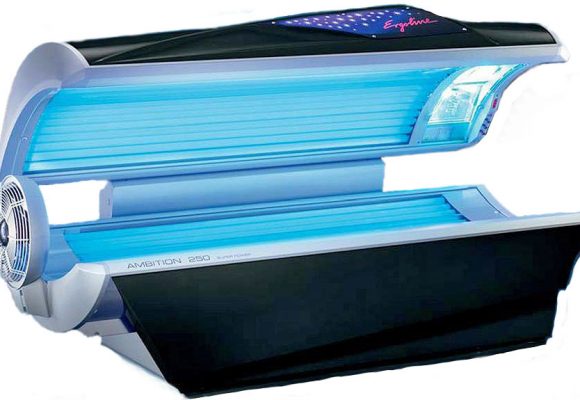By Marc Sorenson, EdD, Sunlight Institute
Let’s revisit the need for appropriate nutrition in preventing melanoma death.
It has been well-established that melanoma is not caused by sunlight exposure, despite the sunphobes’ protestations to the contrary. There are numerous research papers that indicate melanoma is considerably less frequent among those who are regularly exposed to sunlight than among those who avoid it.[1] [2] [3] [4] [5] (The references cited here are only a few of the many papers that corroborate the fact that melanoma is less common among those who embrace the sun.)
Having said that, we must also realize that beyond sunlight, there are many other protective tools one can use against melanoma (and nearly all other cancers). One of those is proper nutrition; there are several scientific investigations demonstrating that high fruit and vegetable consumption predict a lesser risk of skin cancer.[6] [7] [8] [9] (Again, the references cited here are only a few of those available.)
One of the latest of these studies investigated the relationship between melanoma survival and fruit consumption.[10] Melanoma patients who had their cancers removed—and who had a predicted death rate of 40% within 10 years—were assessed for consumption of fruit and red meat. Daily fruit consumption correlated to a reduced risk of death of 46%. Those who ate red meat at least once weekly showed an increased risk of death of 84%.
Voluminous research on many other cancers show the same relationship between meat, fruit and vegetable consumption: the higher the meat consumption, the higher the risk of death from cancer; the higher the consumption of fruits and vegetables, the lower the risk of cancer. Melanoma is no exception. Regular, non-burning sunlight exposure, coupled with the consumption of large quantities of fruits and vegetables, are the very best protections against cancers, although those are certainly not the only protective factors. For more information on protective factors, search sunlightinstitute.org for articles on nutrition and melanoma.
[1] Godar D, Landry, R, Lucas, A. Increased UVA exposures and decreased cutaneous Vitamin D3 levels may be responsible for the increasing incidence of melanoma. Med Hypotheses 2009;72(4):434-43.
[2] Garland FC, White MR, Garland CF, Shaw E, Gorham ED. Occupational sunlight exposure and melanoma in the USA Navy. Arch Environ Health 1990; 45:261-67.
[3] Vågero D, Ringbäck G, Kiviranta H. Melanoma and other tumors of the skin among office, other indoor and outdoor workers in Sweden 1961–1979 Brit J Cancer 1986;53:507–12.
[4] Kennedy C, Bajdik CD, Willemze R, De Gruijl FR, Bouwes Bavinck JN; Leiden Skin Cancer Study. The influence of painful sunburns and lifetime sun exposure on the risk of actinic keratoses, seborrheic warts, melanocytic nevi, atypical nevi, and skin cancer. Invest Dermatol 2003;120:1087–93.
[5] Kaskel P, Sander S, Kron M, Kind P, Peter RU, Krähn G. Outdoor activities in childhood: a protective factor for cutaneous melanoma? Results of a case-control study in 271 matched pairs. Br J Dermatol 2001;145:602-09.
[6] Afaq F, Katiyar SK. Polyphenols: skin photoprotection and inhibition of photocarcinogenesis. Mini Rev Med Chem. 2011 Dec;11(14):1200-15.
[7] Afaq F, Katiyar SK. Skin photoprotection by natural polyphenols: Anti-inflammatory, anti-oxidant and DNA repair mechanisms. Arch Dermatol Res 2010;302:71.
[8] Stahl, W. et al. Dietary Tomato Paste Protects against Ultraviolet Light–Induced Erythema in Humans. J Nutr 2001;131:1449-51.
[9] Millen A. et al. Diet and melanoma in a case-control study. Cancer Epidemiol Biomarkers Prev 2004;13:1042-51.

